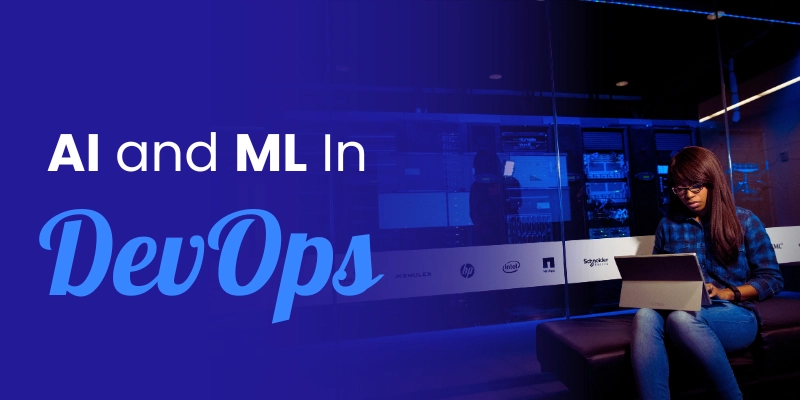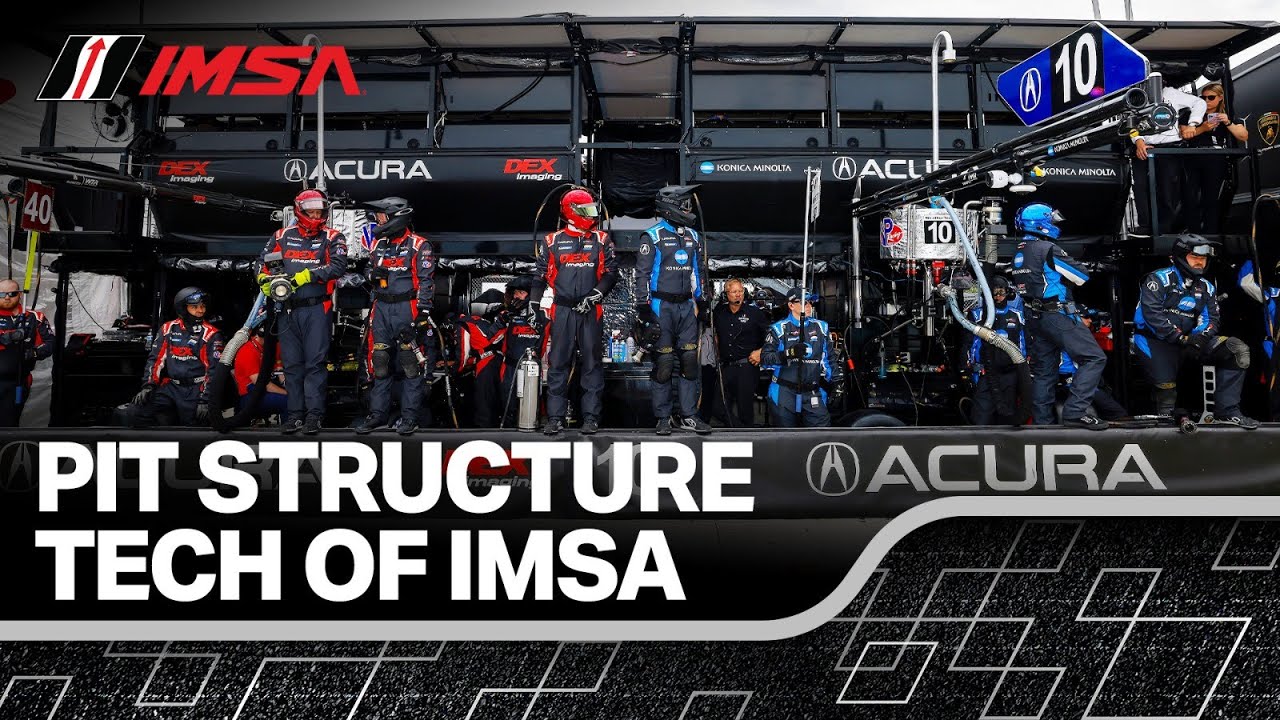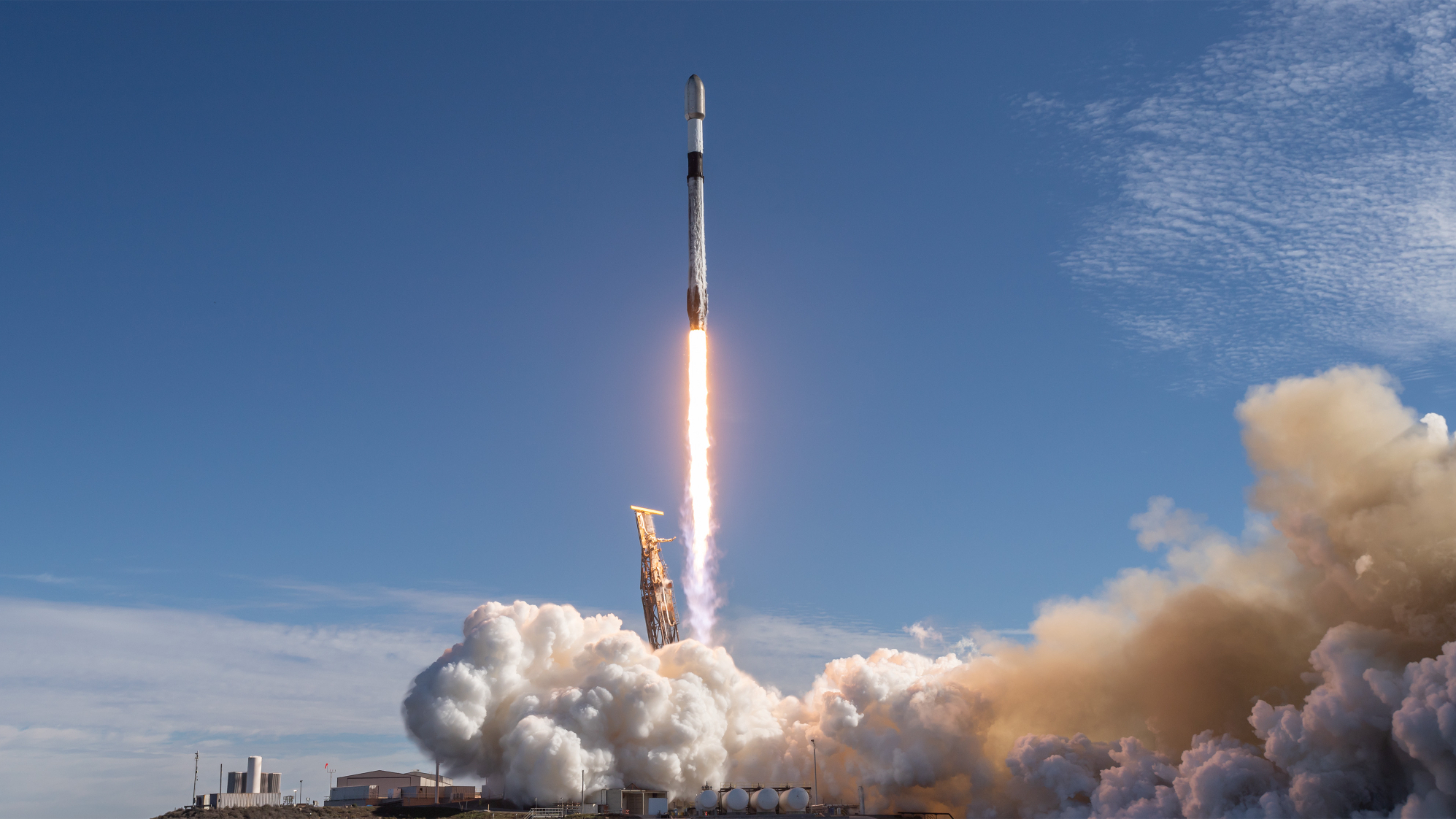How AI and ML Are Shaping the Future of DevOps in 2025
The world of DevOps is evolving rapidly, and 2025 marks a turning point as Artificial Intelligence (AI) and Machine Learning (ML) play an increasingly transformative role. These technologies are not just enhancing automation but are redefining how organizations build, deploy, and maintain applications. Here, we explore the pivotal ways AI and ML are shaping the future of DevOps. 1. Smarter Automation Automation has always been a cornerstone of DevOps, but AI and ML are taking it to the next level. Machine learning algorithms analyze historical data to predict potential bottlenecks in CI/CD pipelines. This predictive capability enables teams to: Automate testing and deployment processes. Identify and resolve issues before they impact production. Optimize resource allocation based on workload patterns. For example, AI-powered tools like AIOps platforms can automatically detect anomalies in system performance, ensuring faster resolutions with minimal human intervention. 2. Enhanced Monitoring and Incident Management AI-driven monitoring tools offer advanced capabilities that go beyond traditional methods. These tools analyze vast amounts of system data in real-time to: Detect unusual patterns and predict failures. Provide actionable insights to prevent downtime. Reduce false positives in alerts, enabling teams to focus on critical issues. Incorporating ML into monitoring also facilitates root cause analysis, allowing DevOps teams to resolve incidents more efficiently and improve system reliability. 3. Optimized Resource Management One of the key challenges in DevOps is balancing resources to ensure optimal performance. AI and ML algorithms can predict workload demands and dynamically allocate resources accordingly. This includes: Scaling cloud infrastructure based on traffic forecasts. Optimizing costs by shutting down unused resources. Improving application performance by redistributing workloads. This level of precision ensures that organizations can maintain high availability while minimizing expenses. 4. Revolutionizing Testing AI and ML are revolutionizing software testing by introducing intelligent automation. Key benefits include: Generating test cases based on application behavior. Identifying edge cases that are often missed in manual testing. Reducing the time required for regression testing. AI-driven testing tools can also adapt to changes in code, ensuring that tests remain effective even as applications evolve. 5. Facilitating Continuous Learning and Improvement AI and ML enable continuous feedback loops, allowing DevOps teams to learn and improve from every deployment. These technologies analyze data from deployments, user behavior, and system performance to: Identify areas for improvement. Suggest enhancements to workflows and processes. Drive innovation by uncovering new opportunities. [ Good Read: Serverless DevOps] 6. Strengthening DevSecOps Security is a top priority in DevOps, and AI-powered solutions are enhancing DevSecOps practices by: Detecting vulnerabilities and threats in real-time. Automating compliance checks and ensuring adherence to policies. Analyzing code for potential security risks during development. With AI and ML, organizations can proactively address security challenges, ensuring robust protection throughout the software development lifecycle. 7. Reducing Human Error By automating repetitive and error-prone tasks, AI and ML significantly reduce the risk of human errors. This leads to: Improved accuracy in deployments. Faster incident resolution. Greater confidence in production changes. Final Thoughts As we move further into 2025, the integration of AI and ML into DevOps is no longer a futuristic concept—it’s a necessity. These technologies are driving smarter automation, enhancing monitoring capabilities, and optimizing resource management, all while improving security and reducing human error. Organizations that embrace AI and ML in their DevOps strategies are better positioned to deliver high-quality software faster and more efficiently. The future of DevOps is here, and it’s powered by the intelligence of AI and ML. You can check more info about: Cloud Security. DevOps. Data Engineering. Generative AI.

The world of DevOps is evolving rapidly, and 2025 marks a turning point as Artificial Intelligence (AI) and Machine Learning (ML) play an increasingly transformative role. These technologies are not just enhancing automation but are redefining how organizations build, deploy, and maintain applications. Here, we explore the pivotal ways AI and ML are shaping the future of DevOps.
1. Smarter Automation
Automation has always been a cornerstone of DevOps, but AI and ML are taking it to the next level. Machine learning algorithms analyze historical data to predict potential bottlenecks in CI/CD pipelines. This predictive capability enables teams to:
Automate testing and deployment processes.
Identify and resolve issues before they impact production.
Optimize resource allocation based on workload patterns.
For example, AI-powered tools like AIOps platforms can automatically detect anomalies in system performance, ensuring faster resolutions with minimal human intervention.
2. Enhanced Monitoring and Incident Management
AI-driven monitoring tools offer advanced capabilities that go beyond traditional methods. These tools analyze vast amounts of system data in real-time to:
Detect unusual patterns and predict failures.
Provide actionable insights to prevent downtime.
Reduce false positives in alerts, enabling teams to focus on critical issues.
Incorporating ML into monitoring also facilitates root cause analysis, allowing DevOps teams to resolve incidents more efficiently and improve system reliability.
3. Optimized Resource Management
One of the key challenges in DevOps is balancing resources to ensure optimal performance. AI and ML algorithms can predict workload demands and dynamically allocate resources accordingly. This includes:
Scaling cloud infrastructure based on traffic forecasts.
Optimizing costs by shutting down unused resources.
Improving application performance by redistributing workloads.
This level of precision ensures that organizations can maintain high availability while minimizing expenses.
4. Revolutionizing Testing
AI and ML are revolutionizing software testing by introducing intelligent automation. Key benefits include:
Generating test cases based on application behavior.
Identifying edge cases that are often missed in manual testing.
Reducing the time required for regression testing.
AI-driven testing tools can also adapt to changes in code, ensuring that tests remain effective even as applications evolve.
5. Facilitating Continuous Learning and Improvement
AI and ML enable continuous feedback loops, allowing DevOps teams to learn and improve from every deployment. These technologies analyze data from deployments, user behavior, and system performance to:
Identify areas for improvement.
Suggest enhancements to workflows and processes.
Drive innovation by uncovering new opportunities.
[ Good Read: Serverless DevOps]
6. Strengthening DevSecOps
Security is a top priority in DevOps, and AI-powered solutions are enhancing DevSecOps practices by:
Detecting vulnerabilities and threats in real-time.
Automating compliance checks and ensuring adherence to policies.
Analyzing code for potential security risks during development.
With AI and ML, organizations can proactively address security challenges, ensuring robust protection throughout the software development lifecycle.
7. Reducing Human Error
By automating repetitive and error-prone tasks, AI and ML significantly reduce the risk of human errors. This leads to:
Improved accuracy in deployments.
Faster incident resolution.
Greater confidence in production changes.
Final Thoughts
As we move further into 2025, the integration of AI and ML into DevOps is no longer a futuristic concept—it’s a necessity. These technologies are driving smarter automation, enhancing monitoring capabilities, and optimizing resource management, all while improving security and reducing human error.
Organizations that embrace AI and ML in their DevOps strategies are better positioned to deliver high-quality software faster and more efficiently. The future of DevOps is here, and it’s powered by the intelligence of AI and ML.
You can check more info about:







































































